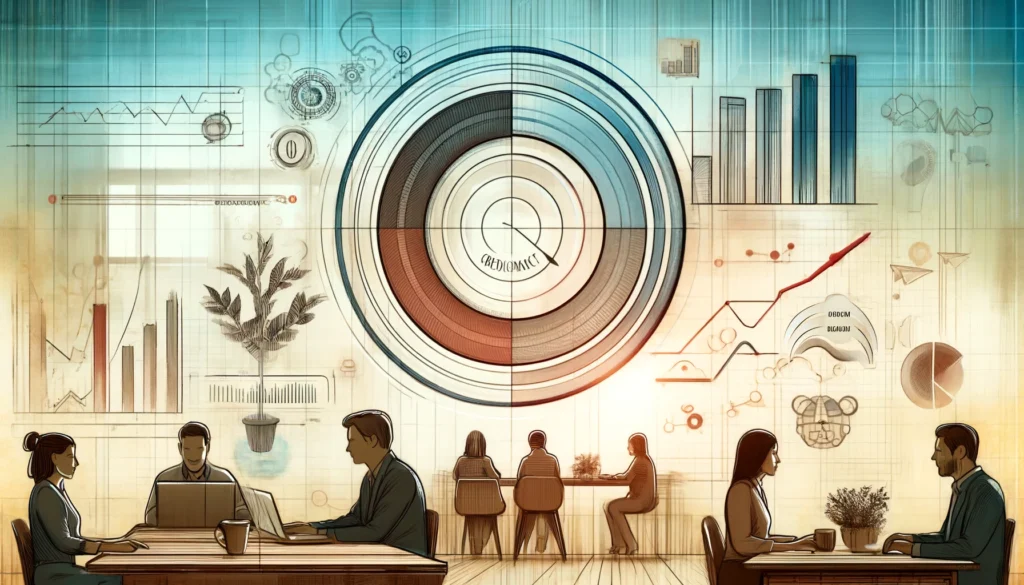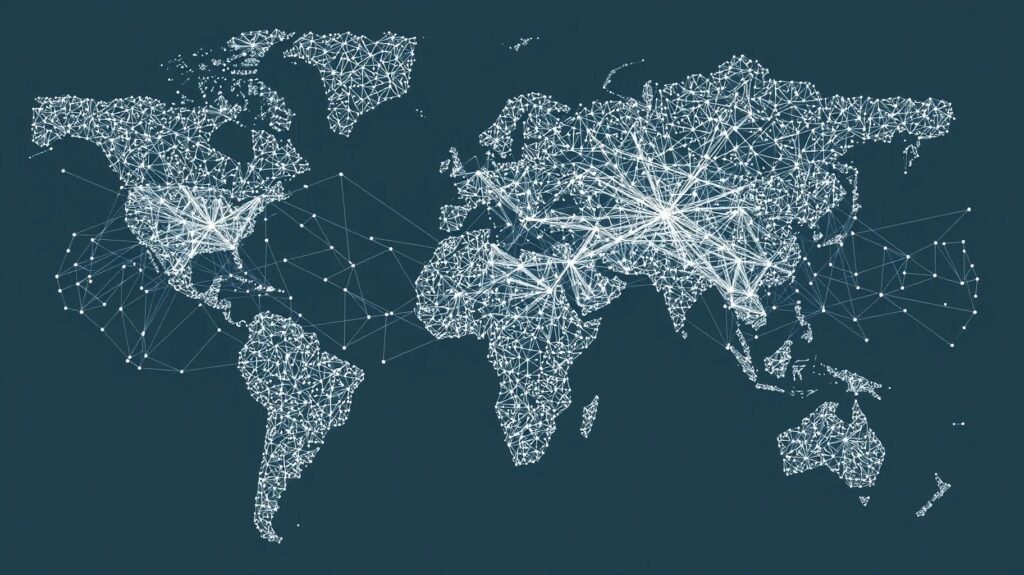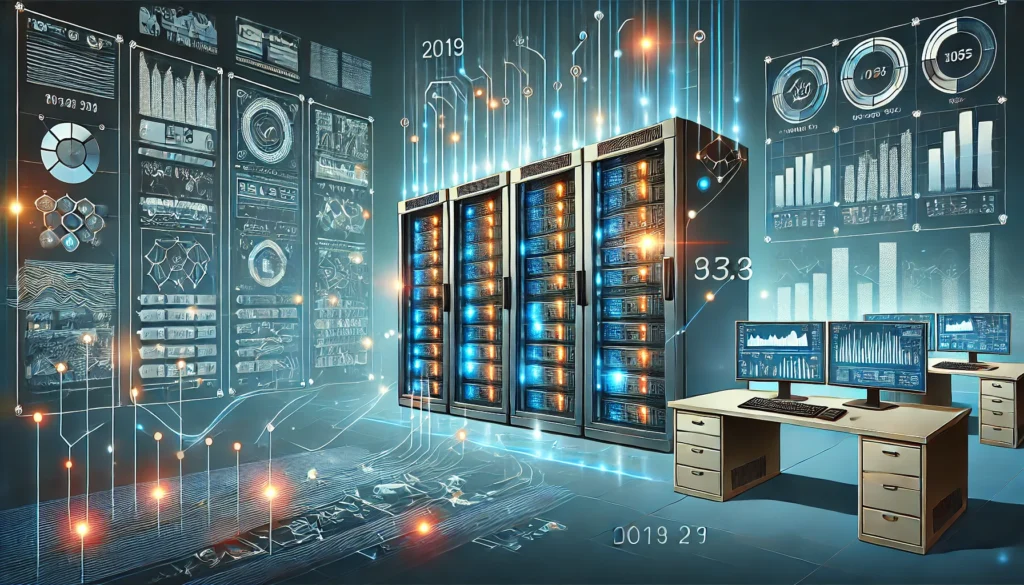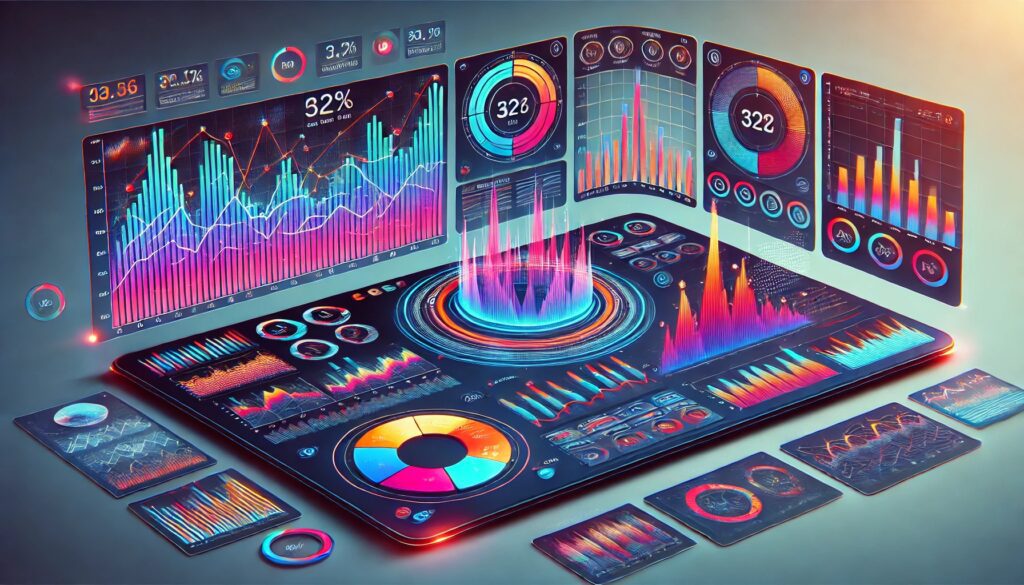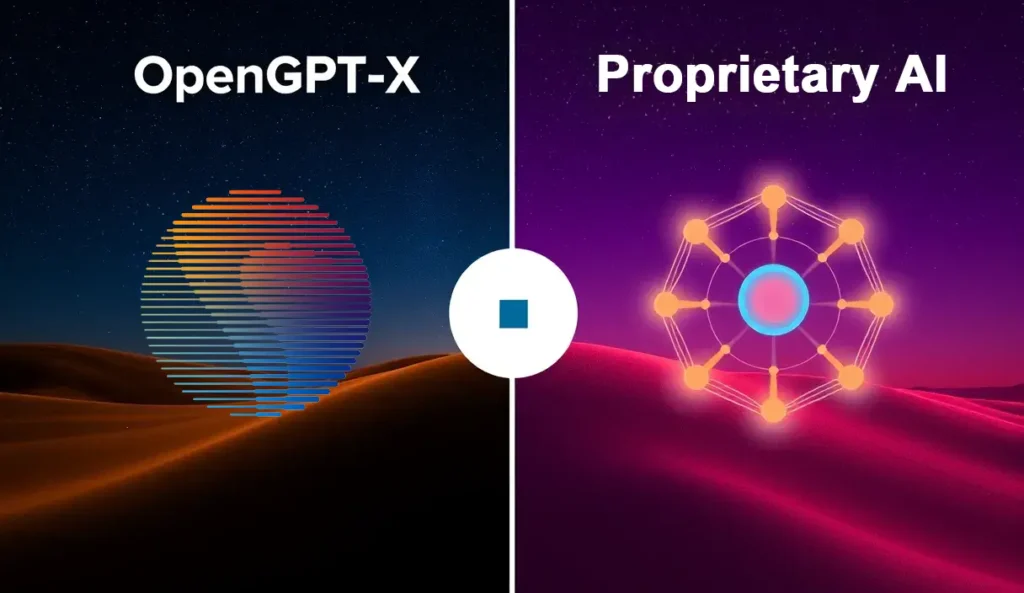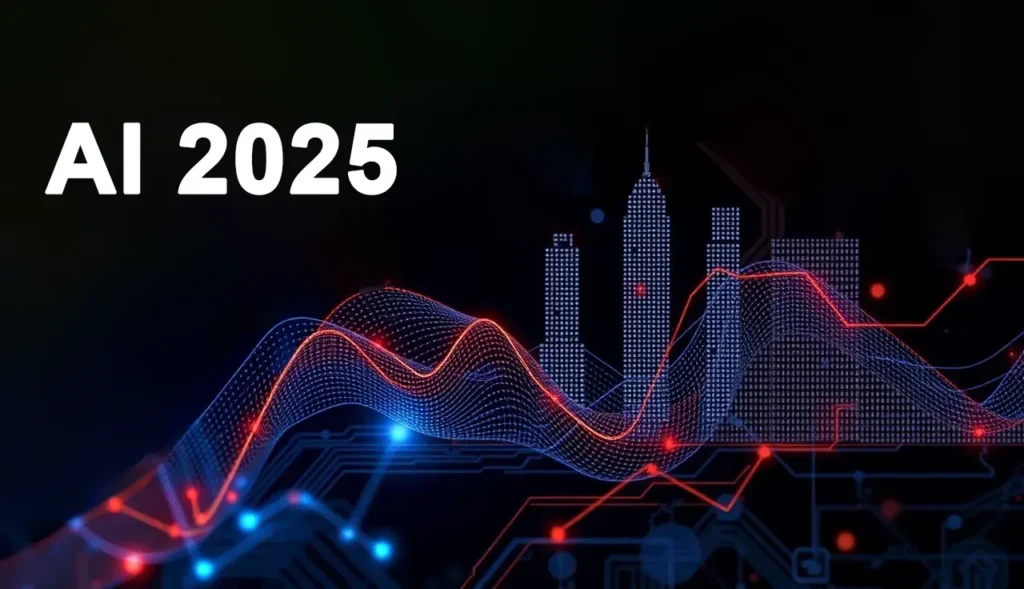
Artificial intelligence has rapidly evolved from a futuristic concept to a powerful tool shaping our world. As we move through 2025, AI’s influence is felt in nearly every aspect of life—from how businesses operate to how individuals interact with technology daily.
[atlasvoice]
This year, AI isn’t just about innovation; it’s about integration. From enhancing creativity to advancing sustainability, the latest trends reveal how AI is driving progress and solving some of humanity’s most pressing challenges.
In this article, we’ll dive into the 15 most significant AI trends shaping 2025, highlighting how this groundbreaking technology is pushing boundaries and transforming industries. Whether you’re a tech enthusiast, a business leader, or simply curious about the future, these insights will keep you ahead of the curve.
Generative AI Drives Personalized Experiences
Hyper-Personalization Across Industries
Generative AI is no longer limited to art and text. Businesses now use it to create personalized customer experiences at scale. Retailers, for example, use AI to generate product recommendations tailored to individual preferences.
Health care is also benefiting. AI-powered wellness apps suggest exercise routines and diets based on personal data, making healthcare feel uniquely tailored.
Generative Content Creation in Marketing
Marketers are embracing AI tools like ChatGPT to create highly targeted ads and content. With AI capable of analyzing market trends and audience behavior, businesses craft messages that truly resonate.
Explainable AI Gains Momentum
The Need for Transparency
As AI systems grow in complexity, ensuring they’re explainable is more crucial than ever. Consumers and regulators demand to know why an algorithm made a decision—especially in fields like banking and healthcare.
For example, AI in loan approval processes must now provide clear explanations to ensure fairness and avoid bias.
Regulatory Compliance
Governments are enforcing stricter regulations for AI systems. Explainable AI helps businesses stay compliant while maintaining customer trust. Companies are prioritizing this to stay ahead of legal requirements.
AI Democratization Reaches New Heights
Low-Code and No-Code AI Tools
In 2025, building AI models is more accessible than ever. Low-code and no-code platforms empower people with minimal programming skills to develop AI solutions.
For small businesses, this means adopting AI without expensive resources, enabling competition with larger corporations.
Widespread AI Adoption in Education
Educators use AI tools to design lesson plans, provide real-time feedback, and offer adaptive learning experiences. Democratized AI means these benefits are reaching schools worldwide, improving access to quality education.
AI Ethics Take Center Stage
The Rise of Ethical AI Frameworks
Ethical AI frameworks are becoming industry standards. Companies are increasingly focused on creating systems that avoid bias, protect data privacy, and respect human rights.
For instance, social media platforms now use ethical AI models to identify and reduce harmful content without compromising free speech.
Public Demand for Accountability
Public awareness about AI ethics has grown. People are questioning how companies use AI in decisions that affect their lives—driving the push for greater accountability in AI deployment.
AI Revolutionizes Creative Industries
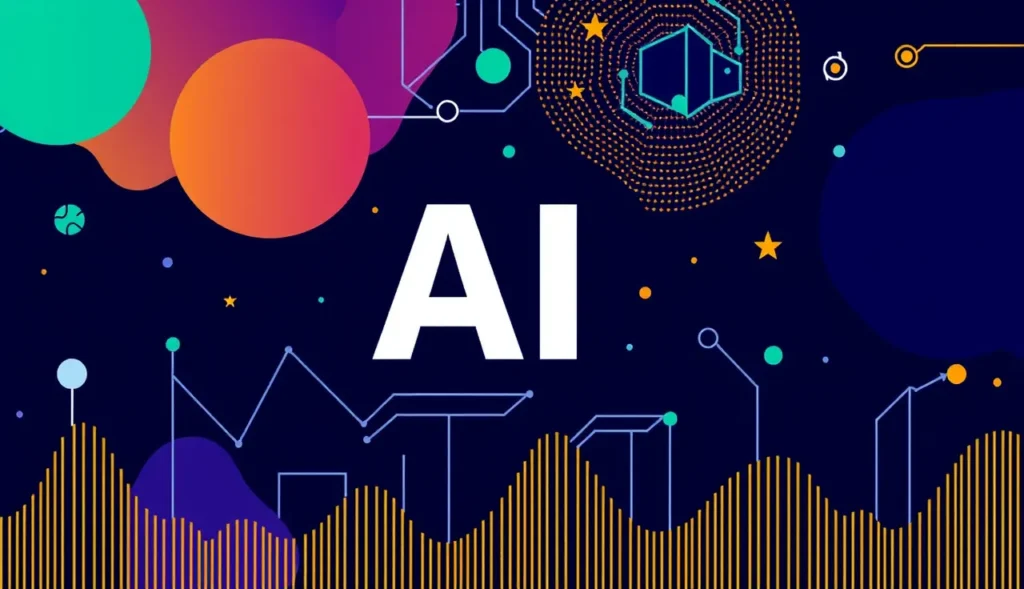
AI in Film and Animation
From generating scripts to producing hyper-realistic characters, AI is redefining storytelling. Filmmakers use AI to visualize concepts faster, cutting production times significantly.
Music and Art Generation
AI is helping musicians compose songs and artists create stunning visuals. Platforms like Amper Music and RunwayML give creators new tools to innovate, sparking fresh ideas across artistic disciplines.
AI-Powered Healthcare Sees Unprecedented Growth
Diagnostic Tools Become Smarter
In 2025, AI diagnostic systems are more accurate and accessible. AI algorithms analyze medical imaging and patient data with unprecedented speed, catching conditions like cancer earlier than ever.
These tools empower physicians to focus on complex cases while AI handles routine diagnostics, leading to better outcomes.
Virtual Health Assistants Evolve
Virtual assistants like chatbots are now indispensable in healthcare. They provide round-the-clock support, answer questions, and even manage prescription refills—all with advanced conversational abilities.
AI Reshapes Workforce Dynamics
Automation of Repetitive Tasks
AI continues to streamline workplaces by automating repetitive tasks. From data entry to scheduling, employees can focus on creative problem-solving and strategic decisions instead of mundane duties.
Businesses now rely on AI-powered tools to boost efficiency and reduce operational costs, creating leaner workflows.
Rise of AI-Skilled Roles
While automation replaces some jobs, it also creates new ones. Roles like AI trainers and data ethicists are increasingly in demand, reshaping what the workforce of the future looks like.
The Emergence of Neuromorphic AI
Mimicking the Human Brain
Neuromorphic AI—designed to replicate the brain’s neural structure—is gaining traction. These systems are faster, more efficient, and capable of performing complex tasks with minimal energy consumption.
This technology opens doors to innovations in robotics, enabling machines to learn and adapt like humans in real-world scenarios.
Enhanced Machine Learning Models
Neuromorphic computing is improving machine learning by enabling real-time learning. For example, autonomous vehicles benefit by making split-second decisions during unpredictable events.
AI in Cybersecurity Grows Stronger
Advanced Threat Detection
As cyberattacks become more sophisticated, AI is stepping up to provide enhanced protection. AI-powered tools identify threats in real time, analyzing patterns and blocking malicious activities before they escalate.
Cybersecurity systems now use AI for predictive analysis, which helps companies stay a step ahead of hackers.
Securing AI Models Themselves
Interestingly, as AI strengthens security, it also becomes a target. In 2025, businesses are investing in protecting their AI systems from tampering and adversarial attacks.
AI-Driven Sustainability Initiatives
Green Energy Optimization
AI is transforming how renewable energy is managed. Smart grids powered by AI efficiently distribute energy based on demand, minimizing waste and lowering costs.
Wind and solar farms are also leveraging AI to predictenergy output, ensuring consistent supply even in fluctuating weather conditions.
Tackling Climate Change
AI tools analyze massive datasets to track climate change trends and suggest actionable strategies. This technology enables companies and governments to make data-driven decisions that prioritize sustainability.
AI Advances in Natural Language Processing (NLP)
Multilingual AI Models
AI models in 2025 break language barriers like never before. With advanced NLP capabilities, AI now supports seamless real-time translation across dozens of languages.
This technology revolutionizes industries like global e-commerce and education, making communication truly borderless.
Enhanced Conversational AI
Conversational AI is more intuitive, with systems like chatbots understanding context and emotions better. These improvements create more engaging customer interactions, mimicking natural human conversations.
Quantum AI Accelerates Problem-Solving
Quantum Computing Meets AI
Quantum AI combines the strengths of quantum computing and artificial intelligence to tackle complex problems beyond classical computing’s reach. Fields like drug discovery and financial modeling benefit the most from this synergy.
Pharmaceutical companies now use Quantum AI to identify potential treatments faster, transforming healthcare.
Solving Optimization Challenges
Quantum AI excels in optimization problems—think supply chain logistics or resource management. Businesses can now streamline processes more effectively, saving time and resources.
AI Shapes Smart Cities
Optimizing Urban Infrastructure
AI plays a central role in smart cities by optimizing traffic flow, energy distribution, and public services. AI-powered systems analyze real-time data to reduce congestion and improve public transport efficiency.
For example, AI helps monitor air quality and suggests actionable solutions to minimize pollution in urban areas.
Enhancing Public Safety
With advanced AI surveillance systems, smart cities prioritize safety. These systems detect suspicious activities and alert authorities instantly, reducing response times during emergencies.
AI Transforms Customer Service
Proactive Support Systems
AI systems in customer service are now proactive, anticipating issues before they arise. Businesses use AI to predict customer needs and resolve potential problems, improving satisfaction rates.
Proactive AI not only enhances user experience but also reduces operational costs by preventing escalations.
Human-AI Collaboration
AI tools work alongside human representatives, streamlining workflows. AI handles repetitive queries while humans focus on complex, personalized interactions, ensuring a balanced approach to customer service.
AI Drives Autonomous Systems Forward
Autonomous Vehicles Reach New Milestones
Autonomous cars and drones are no longer experimental. AI advancements in 2025 enable these systems to operate safely in complex, real-world environments, from busy streets to disaster zones.
Logistics companies rely on drones for last-mile deliveries, while autonomous taxis become a reality in select cities.
Robotics in Everyday Life
Robots powered by AI assist in homes, workplaces, and healthcare settings. Tasks like cleaning, caregiving, and even tutoring are handled by intelligent machines, making life easier and more convenient.
Conclusion: AI’s Impact in 2025 and Beyond
Artificial intelligence in 2025 is more than a trend—it’s a transformative force shaping how we live, work, and innovate. From generative AI creating tailored experiences to quantum AI solving problems once deemed impossible, its impact spans industries and disciplines.
As AI systems become more sophisticated, ethics, transparency, and accessibility will remain at the forefront, ensuring the technology serves humanity responsibly. Whether it’s revolutionizing healthcare, driving sustainability, or optimizing smart cities, AI’s potential is boundless.
Staying informed about these trends isn’t just smart—it’s essential. Embracing the power of AI means staying competitive and contributing to a world that’s more connected, efficient, and intelligent than ever before.
Keep an eye on these developments—2025 promises to be a landmark year for AI innovation.
Resources for Exploring AI Trends
News and Community Platforms
- Reddit: r/MachineLearning
A hub for AI enthusiasts to share news, papers, and discuss trends.
Join the Community - AI Trends
An online publication dedicated to highlighting developments and use cases in AI.
Visit AI Trends
Research Papers and Reports
- Stanford AI Index Report
An annual report tracking AI’s progress across industries and academia.
Download the Report - PwC AI Predictions 2025
Insights into how AI is reshaping industries, with a focus on business implications.
Read the Predictions

